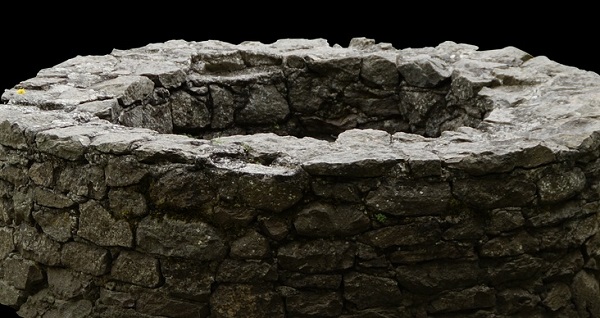New Delhi, (Samajweekly) Analysis of water level data across India indicates that nearly 30 per cent of the groundwater monitoring wells have registered a decline in groundwater level whereas 70 per cent wells have registered rise in groundwater levels between 2011 and 2020 but there is no study for reasons concerning it, the Union government told the Rajya Sabha.
“In order to assess the long-term fluctuation in groundwater levels, the water level data collected by Central Ground Water Board (CGWB) during November 2021 have been compared with the decadal mean of November (2011-2020). Analysis of groundwater level data indicates that nearly 30 per cent of the wells monitored have registered a decline while 70 per cent wells have registered a rise,” Minister of State for Jal Shakti, Bishweswar Tudu, on Monday said in a written reply in the Upper House.
The CGWB periodically monitors the groundwater levels throughout the country on a regional scale through a network of monitoring wells.
“The CGWB has not conducted any specific study on the reasons and consequential effects of decrease in groundwater level, however, groundwater levels in various parts of the country appear to decline mainly because of continuous withdrawal due to reasons such as increased demand for freshwater for various uses, vagaries of rainfall, increased population, industrialisation and urbanisation etc.,” Tudu added.
Though water is a state subject, Union government has taken a number of important measures for conservation, management of ground water, including effective implementation of rainwater harvesting in the country, he said.
The Government of India launched Jal Shakti Abhiyan (JSA) in 2019 which continued through 2021 as well to improve water availability, including groundwater conditions in the country. The campaign ‘Jal Shakti Abhiyan: Catch the Rain’ (JSA:CTR) was launched by the Prime Minister on March 22, 2021.
In addition, a number of states have done notable work in the field of water conservation or harvesting such as ‘Mukhyamantri Jal Swavlamban Abhiyan’ in Rajasthan, ‘Jalyukt Shivar Abhiyan’ in Maharashtra, ‘Sujalam Sufalam Jal Abhiyan’ in Gujarat, ‘Mission Kakatiya’ in Telangana, ‘Neeru Chettu’ in Andhra Pradesh, ‘Jal Jeevan Hariyali’ in Bihar, ‘Jal Hi Jeevan’ in Haryana and Kudimaramath scheme’ in Tamil Nadu, the Centre told the Rajya Sabha.










